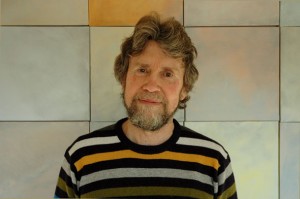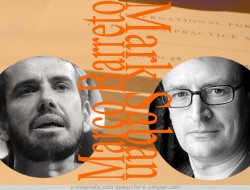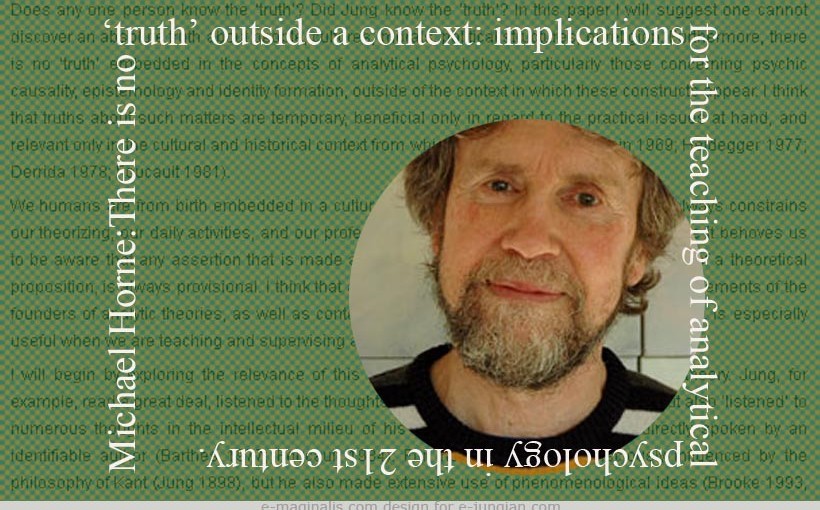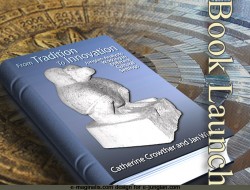Oryginally published in
Journal of Analytical Psychology, 2007, 52, 127–142
An excellent article by Michael Horne, the Consultant Editor of Journal of Analytical Psychology, a must-read for everyone interested both in the intellectual context of analytical psychology and the dynamics of psychoanalytical training.
From the article:
Does any one person know the ‘truth’? Did Jung know the ‘truth’? In this paper I will suggest one cannot discover an absolute truth about people, cultures, morals, political structures, or religion. Furthermore, there is no ‘truth’ embedded in the concepts of analytical psychology, particularly those concerning psychic causality, epistemology and identity formation, outside of the context in which these constructs appear. I think that truths about such matters are temporary, beneficial only in regard to the practical issues at hand, and relevant only in the cultural and historical context from which they arise (Wittgenstein 1969; Heidegger 1977; Derrida 1978; Foucault 1981). We humans are from birth embedded in a culturally derived context of meanings, which always constrains our theorizing, our daily activities, and our professional practices (Foucault 1972a). Therefore it behoves us to be aware that any assertion that is made about the ‘truth’ of a situation, of an event, or of a theoretical proposition, is always provisional. I think that an appreciation of this in regard to the pronouncements of the founders of analytic theories, as well as contemporary analytic theorists, including ourselves, is especially useful when we are teaching and supervising analytic candidates. (…)
From the moment we take our first breath, we are inevitably and unwittingly immersed in the context of our micro-culture, about the nature of the world, and the correct practices with which to engage it. As children, our most omnipresent micro-culture is that of our family whose adult protagonists take power over us by claiming to have indubitably established the ‘truths’ of its texts. We’ve all had the experience of hearing our parents say, ‘This is how we do things in this family’ or ‘It’s natural for little boys/girls to do things in this way’. The details of these texts vary somewhat from house to house in a particular micro-culture, but their underlying assumptions are remarkably stable and largely invisible. It is only as we grow older and begin to have experiences of texts that are foreign to the contexts of our micro-culture that we begin to see their provisional character and, therefore, their fallibility. (…)
Cultural contexts are unstable and impermanent as their texts are, in varying degrees, constantly being established, modified, and discarded as a result of textual interaction by direct discussions between the groups or individuals in the micro-cultural contexts or, most commonly, via ‘discussions’ that occur autonomously in a variety of communicative media such as radio, television, and print (Chandler 2002a; Burr 2003a).
Read the paper at Michael Horne’s website
 Michael Horne
Michael Horne
Consultant Editor (US), Journal of Analytical Psychology
Training Analyst, North Pacific Institute for Analytical Psychology
Training Analyst, Northwest Center for Psychoanalysis
Clinical Professor, Department of Psychiatry, University of Washington, Seattle, Washington, USA
Tags: Michael Horne, training



































